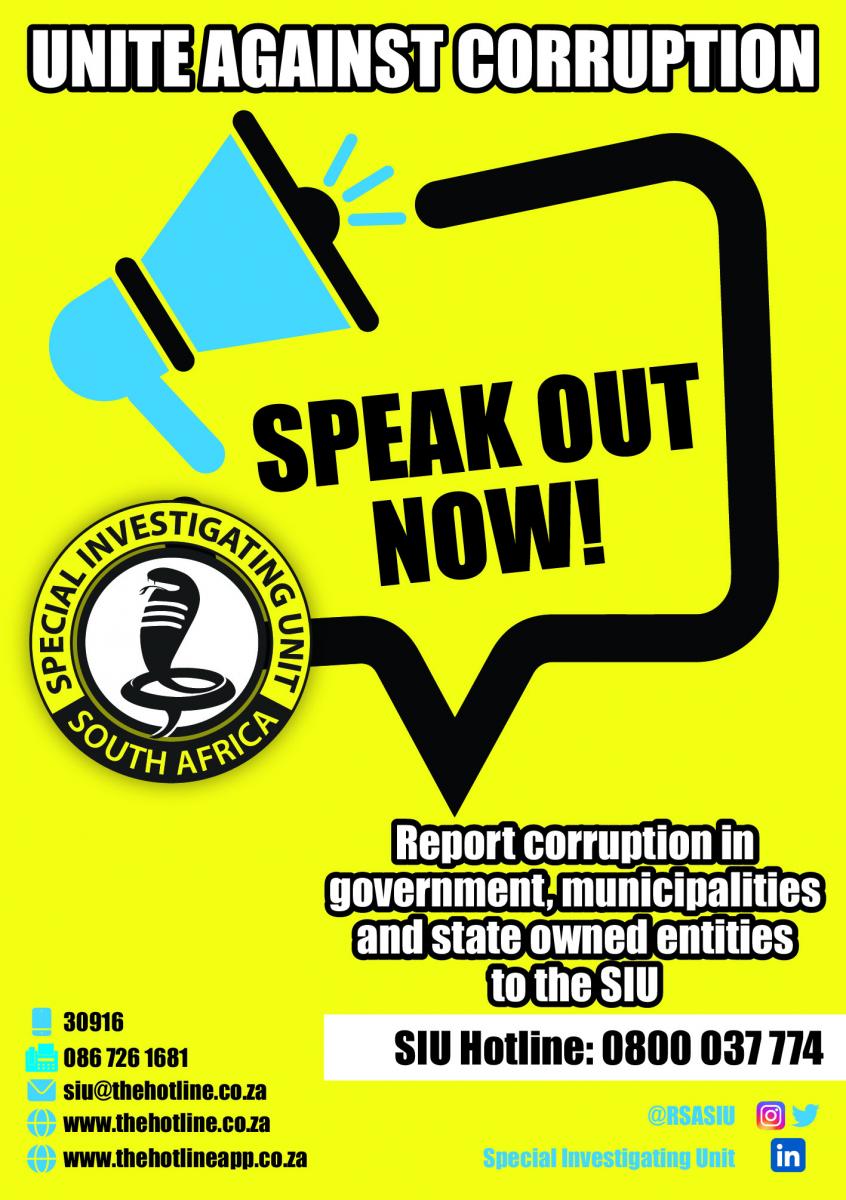
Addressing Corruption Beyond Political Power
Professor Folasade Ogunsola, the Vice Chancellor of the University of Lagos (UNILAG), has raised an important concern about the pervasive nature of corruption in Nigeria. She emphasized that while many Nigerians associate corruption solely with political power, it is actually present in various sectors of society. This insight was shared during a recent international conference on anti-corruption hosted by the Faculty of Social Sciences at UNILAG, in collaboration with the Panafricana Strategic and Policy Research Group and the Civil Society Legislative Advocacy Centre (CISLAC).
The conference, titled “Politics, governance, probity, religion and corrupt behaviour in Nigeria,” brought together experts to discuss the multifaceted nature of corruption. Professor Babatunde Babawale served as the guest speaker, offering valuable perspectives on the issue.
Understanding the Nature of Corruption
According to Professor Ogunsola, corruption is not merely a cultural norm but a mindset that individuals adopt when they have the opportunity to misuse their positions for personal gain. She defined corruption as the abuse of entrusted power, which can occur in any organization, whether governmental, corporate, or academic.
She highlighted that corruption manifests when those in authority use their influence unethically to benefit themselves or others, often at the expense of fairness and public interest. This behavior creates an uneven playing field, where not everyone has equal access to opportunities or resources.
Corruption in Educational Institutions
As an example, Professor Ogunsola pointed out several forms of corruption within educational institutions. These include:
- Cheating during examinations
- Staff-aiding examination malpractice
- Buying and selling of questions and answers
- Plagiarism
- Buying or selling of grades
- Students bribing lecturers or lecturers demanding undue favors
- Favoring certain individuals based on family, ethnicity, or personal interests
In research, she also identified practices such as:
- Data falsification or fabrication
- Ghost writing
- Unethical authorship
- Misuse of research funds
- Diverting grants or resources for personal gains
- Nepotism and cronyism
- Misallocation of resources
- Manipulating accreditation or rankings
- Falsifying data to improve the institution’s reputation
These actions, she explained, are all forms of corruption that undermine the integrity of academic and research environments.
The Need for Systemic Change
Professor Adelaja Odukoya, the Dean of the Faculty of Social Sciences at UNILAG, echoed similar concerns during his welcome address. He described the high level of corruption in Nigeria as a national embarrassment and stressed that the country must move beyond mere perception to address the issue effectively.
He argued that the legal system should be reformed so that individuals accused of financial corruption are required to prove the source of their wealth, rather than the prosecution having to prove guilt beyond a reasonable doubt. This shift, he said, could help reduce impunity and hold corrupt individuals accountable.
Odukoya emphasized the urgency of addressing corruption, stating that it is keeping the country perpetually poor and that the time to act is now.
Perspectives from Former Military Leaders
General Ishola Williams (retd), a former Army Chief, also spoke at the conference, expressing concern over the worsening state of corruption in Nigeria. He attributed this trend to factors such as selfishness and greed, which drive individuals to accumulate unnecessary resources.
He noted that many people in public offices wait for opportunities to steal or loot, disregarding the impact on society. General Williams also criticized the hypocrisy of some Nigerians who claim to be honest but engage in corrupt practices behind closed doors.
He called for a change in mindset, urging individuals to desist from corrupt behaviors to create a more functional and just society.
Conclusion
The discussions at the conference underscored the need for a collective effort to combat corruption in all its forms. From educational institutions to government and business sectors, the challenge requires systemic reforms, legal changes, and a shift in societal values. By addressing corruption at its roots, Nigeria can work towards a future where fairness, integrity, and opportunity are accessible to all.
0 Response to "Corruption Spreads Beyond Politicians — UNILAG VC"
Post a Comment